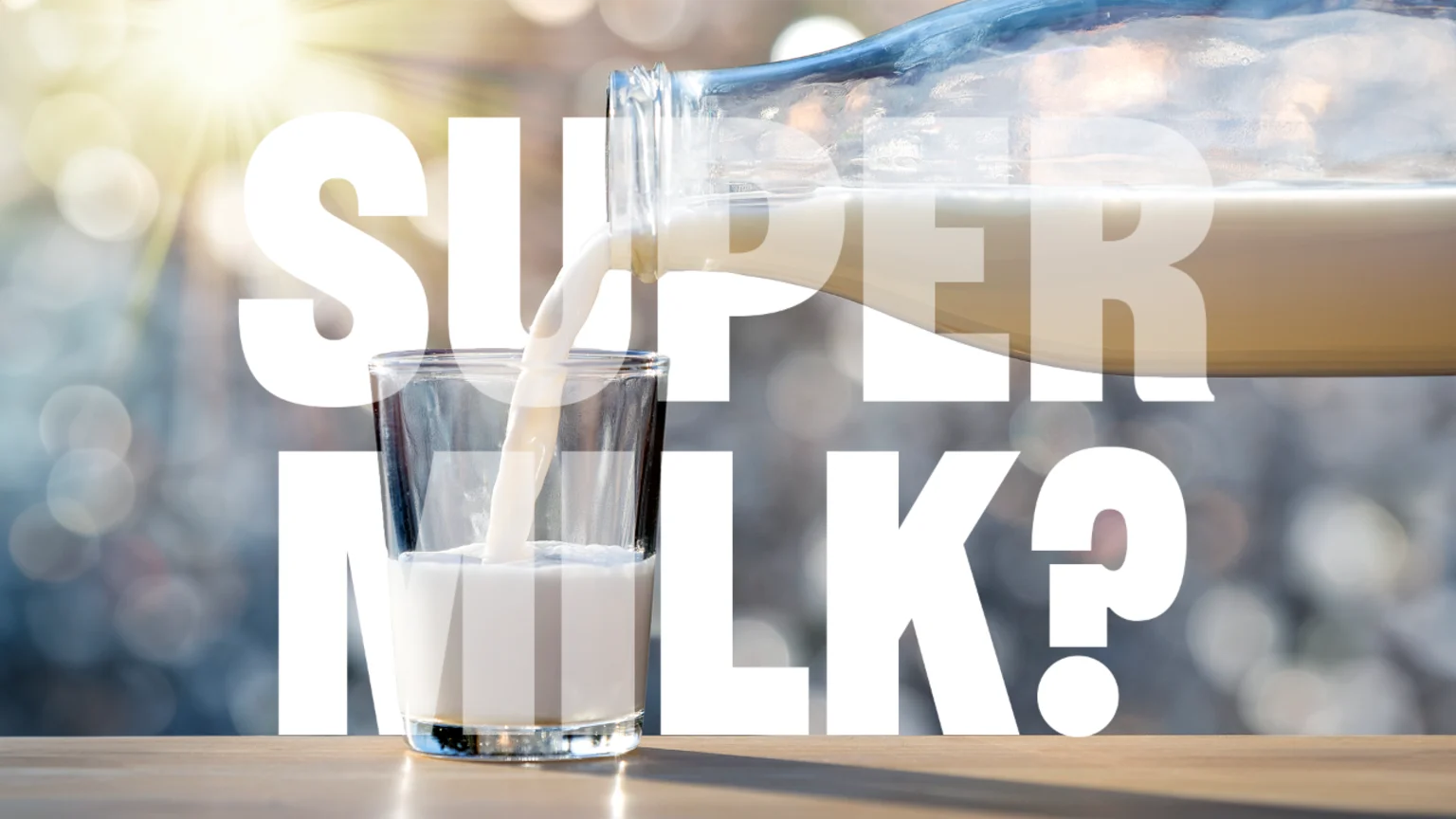Rural
New 'hyperimmune milk' could boost profits for farmers and benefit human health

Published by Dominic George
14 Jun 2023
Imagine halving your dairy herd or sheep flock while maintaining the same income or even drinking a glass of milk to reduce your chances of picking up a nasty bug that's ripping through the community.
According to the University of Waikato, this is all possible with the development of something called hyperimmune milk.
While this may sound too good to be true, proof of concept for hyperimmune milk was actually achieved in 2021.
University of Waikato Applied Immunologist Dr William Kelton told REX host Dominic George the idea was to emulate the way a mother's milk protects their baby by loading it with antibodies.
"We've managed to increase the levels of antibodies by as much as ten times, so we're making a lot higher bioactivity in that milk," he said.
"The science works much the same as a normal animal vaccine would but our innovative component to it is that we've included a part from the animal's own immune system to really enhance those responses."
Waikato University teamed up with a local biotech company back in 2020 with the primary goal to make a scalable source of antibodies that could be given to people to provide some protection against disease.
They are now trying to learn from some of the lessons learnt from the initial work to try and create additional value from some of the milk streams from New Zealand farms.
A number of their team work on biomedical technology in people so they took a lot of lessons and learning from recent advancements in that space to apply to the rural sector.
"That was really the motivation behind it, translating some of this knowledge from biomedical science and seeing if we could bring that into the rural sector."
The smart antigen is administered to the sheep through an injection to stimulate an immune response which will lead them to produce antibodies that will be available in their milk.
"The animal responds to our vaccine much more robustly than traditional vaccine designs.
"Those antibodies get transported into the milk which is a really nice and easy way to collect them and as you know we are pretty good here in New Zealand at collecting milk at scale and processing it."
Although their technology hasn't yet been tested in any other animals aside from sheep, Dr Kelton told George they are currently working on testing it in cows.
"We will tune our smart antigen to each specific species and that's in the pipeline so that's really exciting."
The high bioactivity and antibodies in the milk will demand a premium price and by extracting the antibodies, it allows the farmers to not only utilise the value of the antibodies but also to retain the milk itself to sell as a separate product.
Dr Kelton explained the nutraceutical product is designed to be complementary to vaccines.
"If you still do get say Norovirus or Covid-19 once you've got it we have fewer options to kind of treat.
"It could help to prevent transmission or once you have it, it may help to reduce the severity of the pathogen, help limit its transmission.
"That's the space we are trying to target."
Having already achieved proof of concept, Ruakura Technologies are actively working to commercialise the first-generation approach while a second-generation which they hope will be even more potent is already in the works.
Published by Dominic George
14 Jun 2023